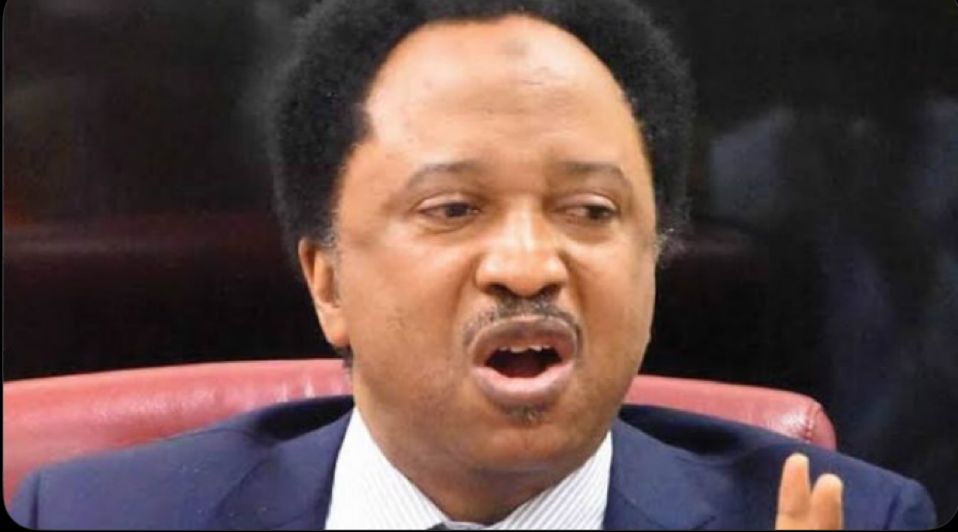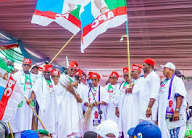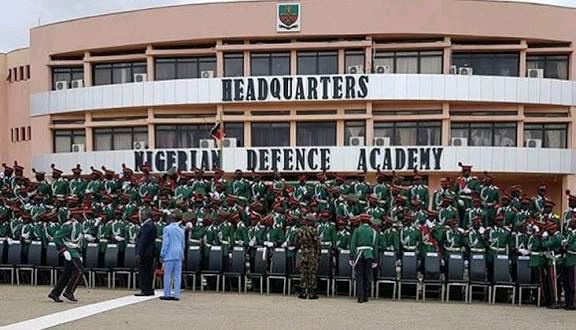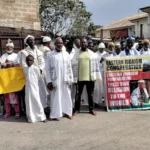Beating Atiku in Primaries will be Harder,” Warns Shehu Sani

Former Kaduna Central senator and political commentator, Shehu Sani, has cautioned that defeating former Vice President Atiku Abubakar in any party primary ahead of the 2027 general elections will not come easy.
Sani, who spoke recently on the dynamics of Nigeria’s opposition politics, stressed that Atiku’s long-standing influence, deep-rooted political networks, and his ability to mobilize across the country make him a formidable contender that cannot be easily sidelined. He explained that internal party contests are not solely decided by popularity but largely shaped by delegate strength, control of party structures, zoning arrangements, and negotiations among power brokers.
The former lawmaker noted that despite Atiku’s resignation from the Peoples Democratic Party (PDP) earlier this year, his political relevance remains intact, with many of his loyalists still wielding significant influence across party lines. According to him, any politician who underestimates Atiku’s weight in primaries may face a difficult task, given the former vice president’s history of resilience and staying power in Nigeria’s politics.
Sani has also repeatedly argued that building a coalition remains the most viable path for the opposition, suggesting that a partnership involving Atiku and other major figures, such as Peter Obi, could create the strongest challenge to the ruling party in 2027. He warned that direct confrontations in primaries against a candidate of Atiku’s stature could fracture the opposition and weaken its chances in the general election. Observers say Sani’s remarks highlight ongoing power calculations within Nigeria’s opposition, as aspirants weigh whether to contest against Atiku in a primary battle or negotiate alliances to avoid internal divisions.
The political climate, they note, will depend heavily on how opposition blocs manage zoning concerns, delegate selection, and regional alliances in the months ahead. Atiku, who has contested multiple presidential elections, remains one of Nigeria’s most enduring political figures. His departure from the PDP earlier in 2025 has reshaped conversations around opposition strategies, with many analysts predicting that he will continue to play a central role in shaping candidate selection and coalition-building ahead of 2027.
Shehu Sani’s warning underscores a bit central reality of Nigeria’s political landscape: that beyond popularity and public perception, the mechanics of party primaries—delegate influence, alliances, and bargaining—will determine who emerges as the opposition’s flagbearer.









